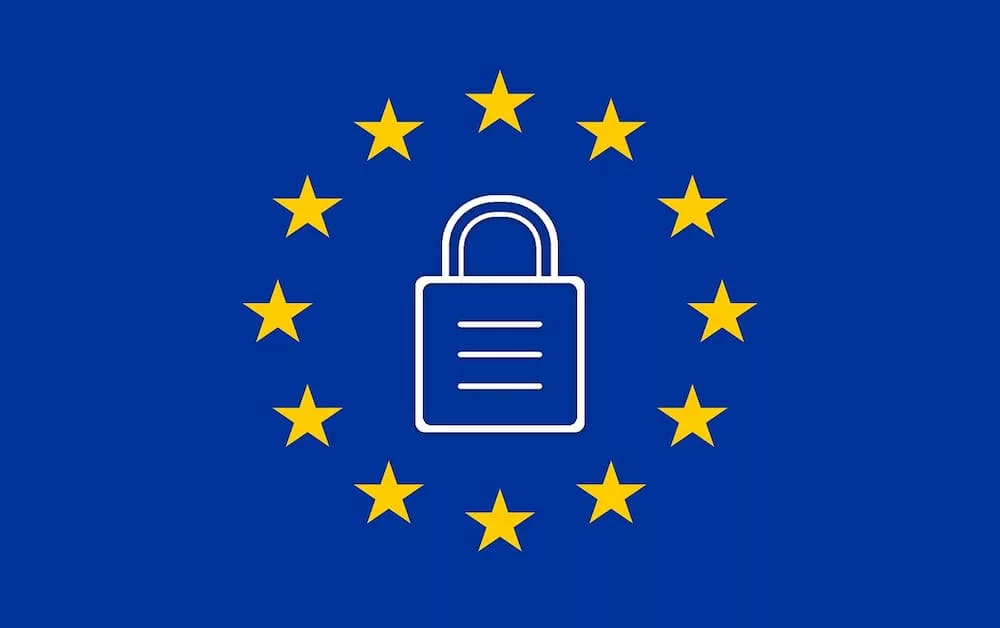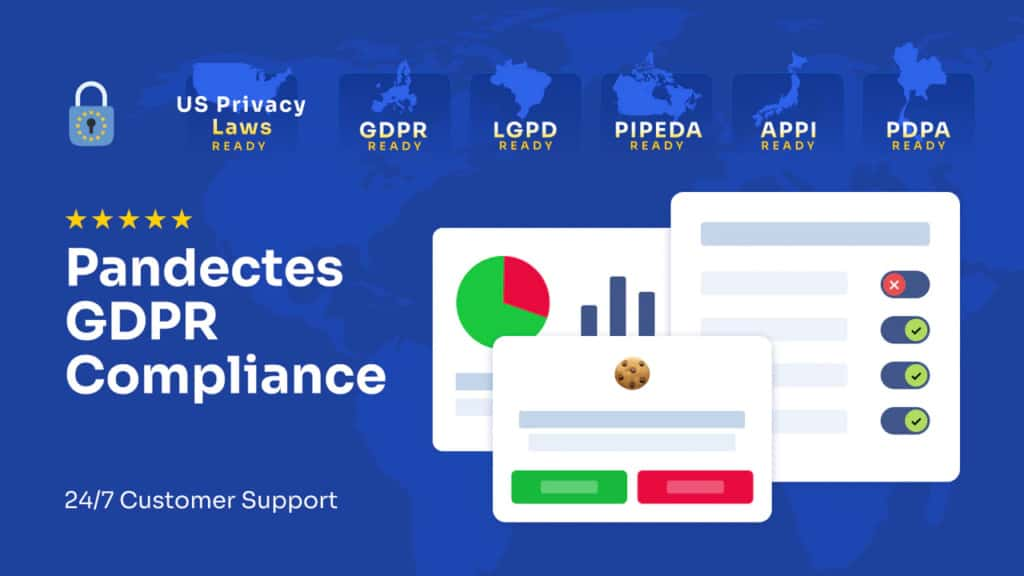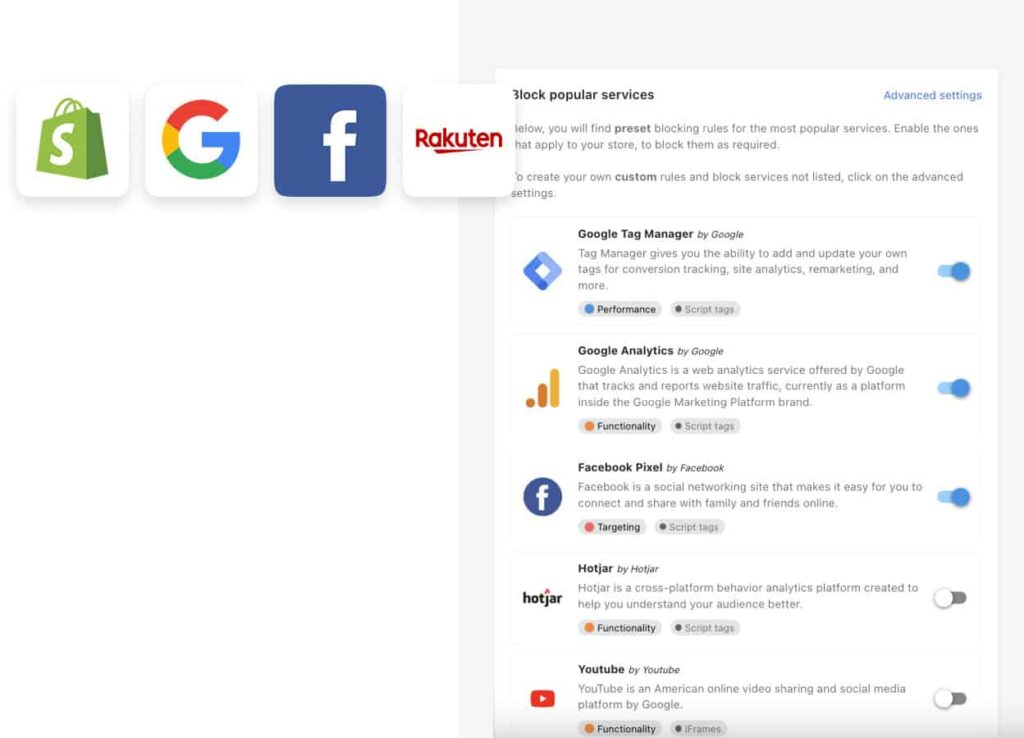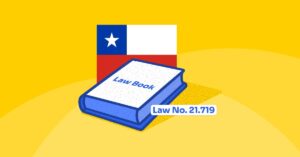Introduction
Definition of EU cookie law
The EU cookie law is a regulation that governs the use of cookies and the processing of personal data within the European Union. The regulation is officially known as the General Data Protection Regulation (GDPR) and was enacted in May 2018 to replace the previous EU data protection directive. The EU cookie law sets out the requirements for businesses to protect the privacy of online users when processing personal data and to ensure that their personal data is collected and processed in a transparent and secure manner.
Importance of compliance for businesses operating in the EU
Compliance with the EU cookie law is essential for businesses operating within the European Union. The regulation applies to all types of businesses, including those that operate online and offline, as well as those that use cookies to collect and process personal data. By complying with the regulation, businesses can demonstrate their commitment to protecting the privacy of their customers and clients and can help to build trust and confidence in their products and services.
In addition to the reputational benefits of compliance, non-compliance with the EU cookie law can result in significant penalties. Businesses that violate the regulation can be fined up to 4% of their annual global turnover or €20 million, whichever is greater. Furthermore, non-compliance can result in reputational damage and can undermine the confidence of customers and clients in a company’s products and services.
Therefore to protect online privacy further, it is crucial for businesses operating in the EU to understand the requirements of the EU cookie law and to take steps to comply with the regulation. This can include implementing a cookie consent mechanism, updating privacy policies, and regularly reviewing and managing cookies to ensure ongoing compliance with cookie laws.
Overview of the EU cookie law
Purpose of the law
The purpose of the EU cookie law is to protect the privacy of online users and to ensure that their personal data is collected and processed in a transparent and secure manner. The regulation requires businesses to obtain prior consent from users for any data collection and the use of cookies and to provide clear and detailed information to inform users about the cookies they use. Many Data Protection Act’s requirements about cookies are equivalent to what we see in the GDPR and the EU cookie law. Similar to the provisions of the GDPR and the EU cookie law, the Data Protection Act in the UK, for instance, mandates obtaining explicit consent from consumers before processing their personal data. This helps ensure that users have control over the data collected about them and how it is used.
Who it applies to
The EU cookie law applies to all businesses that operate within the European Union, regardless of their size or the type of business they operate. This includes both online and offline companies, as well as those that use cookies to collect and process personal data. The regulation applies to all types of cookies, including first-party cookies, which are set by the website a user is visiting, and third-party cookies, which are set by a domain other than the website being visited.
In addition to businesses, the EU cookie law also applies to website owners and developers, as well as any other entities involved in processing or collecting personal data. The regulation applies to all electronic communications, including websites, mobile apps, and other online services that collect personal data. It also applies to all types of personal data, including IP addresses, which can be used to identify a user’s device and location.
It is important to note that EU member states may have their own national legislation that supplements the EU cookie law. However, the EU cookie law provides a minimum standard for protecting personal data and supersedes any federal legislation that offers less protection for personal data. Therefore, businesses operating within the EU must comply with the General Data Protection Regulation and the EU cookie law and should be aware of any additional requirements set out in their own national privacy legislation.

Requirements of the EU cookie law
Obtaining consent from users for cookie use
One of the main requirements of the EU cookie law is that website owners must obtain explicit consent from users before using cookies. This means that website owners must ask users for permission to store cookies on their devices and track their browsing behavior. The cookie consent process should be user-friendly and transparent, and users who obtain consent should be provided with clear and comprehensive information about the types of cookies being used and what they will be used for.
Providing clear and detailed information about cookies
Website owners must also provide clear and detailed information to website users about the cookies they use. This includes information about the purpose of the cookies, how long they will be stored on the user’s device, and whether they are first-party or third-party cookies. The information should be clear and comprehensive information provided in a clear and comprehensive manner and in plain language that is easy for website users to understand.
Offering the option for users to opt-out of cookies
Finally, website owners must offer users the option to opt-out of cookies. This means that users should be able to easily refuse cookies if they do not want them to be stored on their devices. The opt-out process should be simple and straightforward, and users should be able to refuse cookies without having to navigate through complicated menus or settings. The website owner must also provide users with information about managing their cookie preferences and removing cookies from their devices if they choose to do so.
Best practices for compliance
Implementing a cookie consent mechanism
Implementing a cookie consent mechanism is one of the critical best practices for EU cookie law compliance. This can be done by displaying a cookie consent banner on your website that informs users about the use of cookies and allows them to give explicit consent. This can be achieved by using a cookie consent banner solution provided by various software vendors.
Updating privacy policies
Another critical best practice for EU cookie law compliance is to regularly update your privacy policies to keep them in line with the latest developments in the field of data privacy laws. This includes informing website users about the types of cookies that are being used on your website, how they are being used, and for what purposes. It is vital to make sure that the privacy policy is written in clear and plain language that is easy to understand for the average user.
Regularly reviewing and managing cookies
In order to ensure ongoing EU cookie usage and data protection law compliance, it is important to review and manage the cookies used on your website regularly. This includes regularly checking that all cookies have been obtained with the user’s explicit consent and that they are being used in a way that complies with the latest data protection laws and regulations. This can be achieved by using tools and software to monitor and manage the use of cookies on your website.

Penalties for non-compliance
Potential fines
Non-compliance with the EU cookie law can result in significant financial penalties for businesses. National data protection authorities enforce the law, and the fines they can impose can range from a few thousand euros to several million euros, depending on the severity of the violation of cookie law. This is why it is essential for businesses to ensure they are in compliance with the EU cookie law and to regularly review and update their cookie practices to avoid potential fines.
Reputational damage
In addition to potential financial penalties, non-compliance with the EU cookie law can also lead to significant reputational damage for businesses. This is because consumers are becoming increasingly concerned about the protection of their personal data and privacy online. Businesses that do not comply with the EU cookie law may be seen as not valuing data protection and the privacy of their customers, which can result in a loss of trust and credibility. This can lead to negative consequences for the business, including a decline in customer loyalty and a decrease in sales. To avoid these adverse outcomes, it is essential for businesses to take the EU cookie law seriously and to ensure they are in compliance with all its requirements.
Conclusion
The importance of staying informed and up-to-date with EU cookie law changes
The EU cookie law is an important piece of legislation that affects businesses operating within the European Union. It requires websites to obtain prior consent from users for the use of cookies and to provide clear and detailed information about the type of data being collected and the purpose of collecting it. Companies must also offer users the option to opt-out of cookies. The best practices for compliance and staying informed about changes and updates with the latest regulations include the following:
Implementing a cookie consent mechanism.
Regularly reviewing and managing cookies.
Regularly reviewing their privacy policies and updating privacy policies.
Monitoring their use of cookies.
Non-compliance with the EU cookie law can result in significant penalties, including potential fines and reputational damage. It is essential for companies to stay informed and up-to-date with changes in EU cookie law to ensure ongoing compliance. By staying informed and up-to-date with EU cookie law changes, companies can protect the online privacy of their users, avoid penalties, and maintain their reputation as responsible data handlers.
Pandectes GDPR Compliance App

The EU cookie law is an important piece of legislation, as noted previously, that can pose challenges for e-commerce businesses. However, the Pandectes GDPR Compliance App, the most popular GDPR App for Shopify stores, can help your business meet its compliance obligations and protect the privacy of your users. With more than 690 reviews and an overall rating of 5/5, it provides the optimal solution for GDPR and other data regulations to more than 58,000 Shopify Stores. If you are a store owner, you can install it today for free here.

It covers GDPR, CCPA, LGPD, and many other data regulations. The app provides essential features like a cookie manager, cookie compliance, and data subject requests management, making it easier to manage and comply with cookie consent requirements. Additionally, the app allows you to customize the cookie banner and its behavior based on your specific needs and rules. With the Pandectes GDPR Compliance App, you can ensure that your business complies with essential data privacy laws such as GDPR and CPRA. More information on how you can make your Shopify store GDPR Compliant can be found here.




